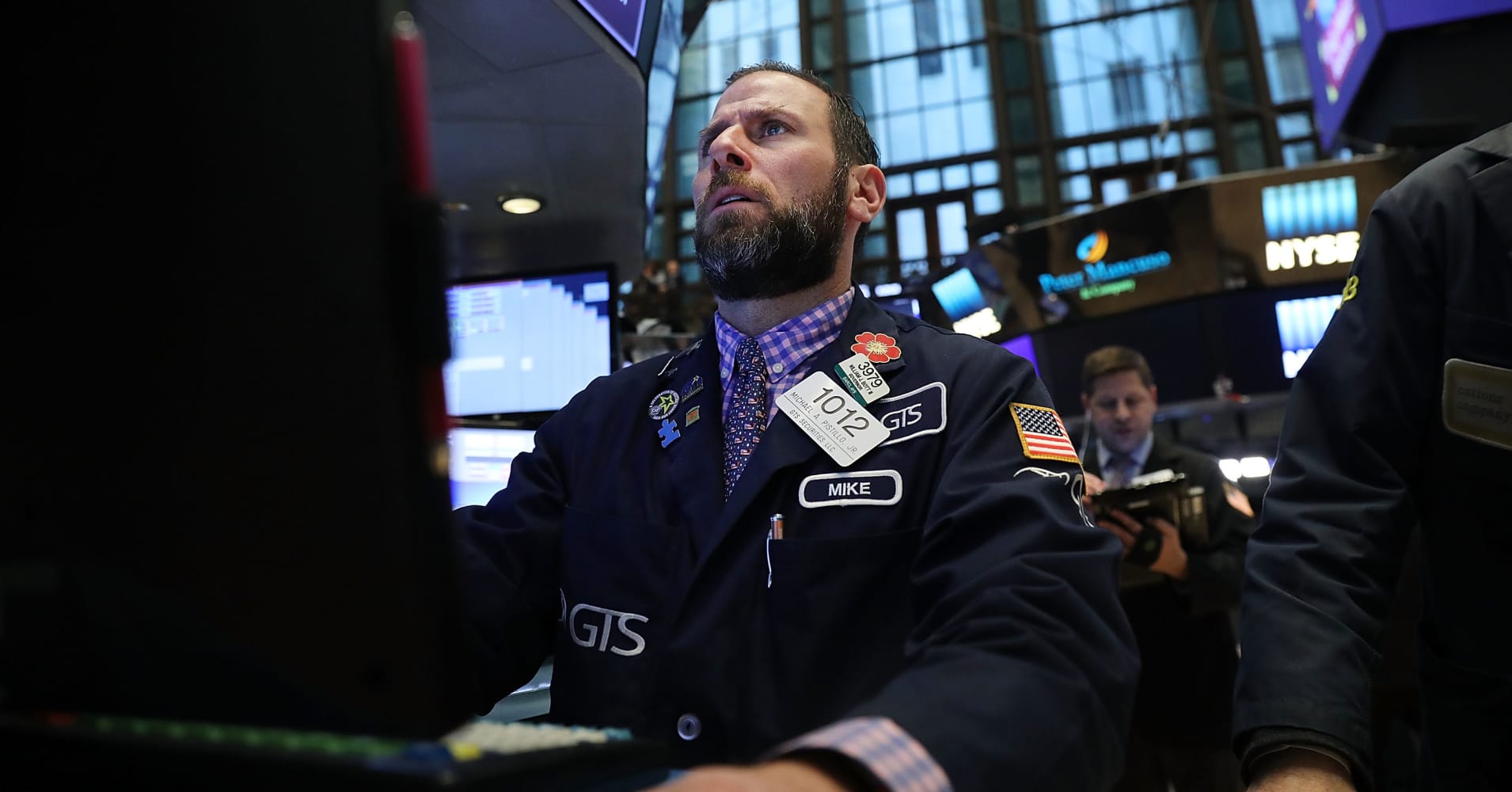
Right on time, company stock buybacks are coming to the rescue of the market.
In the last 24 hours, companies as diverse as Intercontinental Exchange, Estee Lauder, Akamai, IBM, Maxim and even Nutrisystem have announced buybacks that amount to a significant number of their shares outstanding.
(shares outstanding to be bought)
Intercontinental Exchange 5 percent
Estee Lauder 11 percent
Akamai 8 percent
IBM 4 percent
Maxim 11 percent
Nutrisystem 8 percent
Source: CNBC
It's because companies are coming out of "blackout periods" around their earnings and can now increase their buyback activity.
To recap: Under SEC Rule 10b5-1, companies can buy back stock during blackout periods providing they announce a program beforehand, usually buying a certain dollar volume every day. However, the level of buybacks is typically lower in the weeks prior to earnings.
After earnings are reported, companies can increase their buybacks, if they have the money available, and if they think their stocks are cheap.
There's clear evidence that companies have the money, and stocks are certainly cheaper than a month ago, with the S&P 500 down about 8 percent.
It's going to be an all-time record year for buybacks. DataTrek estimates that in the last 12 months, the companies in the S&P 500 have purchased $646 billion of their own stock, 29 percent more than the previous 12 months. Most estimates believe total announced buybacks will hit $1 trillion this year.
Here's the key. A big chunk of that money has not been spent yet. One firm estimates there could be as much as $350 billion in "dry powder" from unspent buybacks available.
So the money is there, and it's pretty clear that the drop in stock prices will be very enticing for company financial chiefs.
Deutsche Bank's Parag Thatte, in a recent note to clients, noted that "As the blackout period rolls off for more companies, especially those with large buyback programs, the pace of buybacks will ramp up sharply."
Goldman Sachs agrees. It notes that November has historically been the most active month of the year for buybacks.
Don't dismiss the importance of these buybacks. Deutsche Bank's Thatte and many others have noted that buybacks have been the main driver of equity demand, even more important than fund flows from exchange traded funds and mutual funds. "Buybacks have been the main driver of the equity rally in this cycle. In the absence of outflows and further positioning cuts...buybacks should drive equities higher."
And the king of buybacks, Apple, won't report earnings until Thursday after the closing bell. It is by far the biggest user of buybacks. In the first six months, the company repurchased $43.5 billion of its own stock, but that's small compared to what it has done in the past five years.
In 2013, Apple had 6.5 billion shares outstanding. Today, it has about 4.8 billion shares outstanding. That's a 26 percent decrease in shares outstanding. That means that, all other things being equal, Apple's earnings are 26 percent higher than they would have been in 2013 had there been no buybacks.
Fortunately, Apple's profits are up more than 100 percent since 2013, so the profit growth has been strong even without the buybacks.
via IFTTT
No comments:
Post a Comment